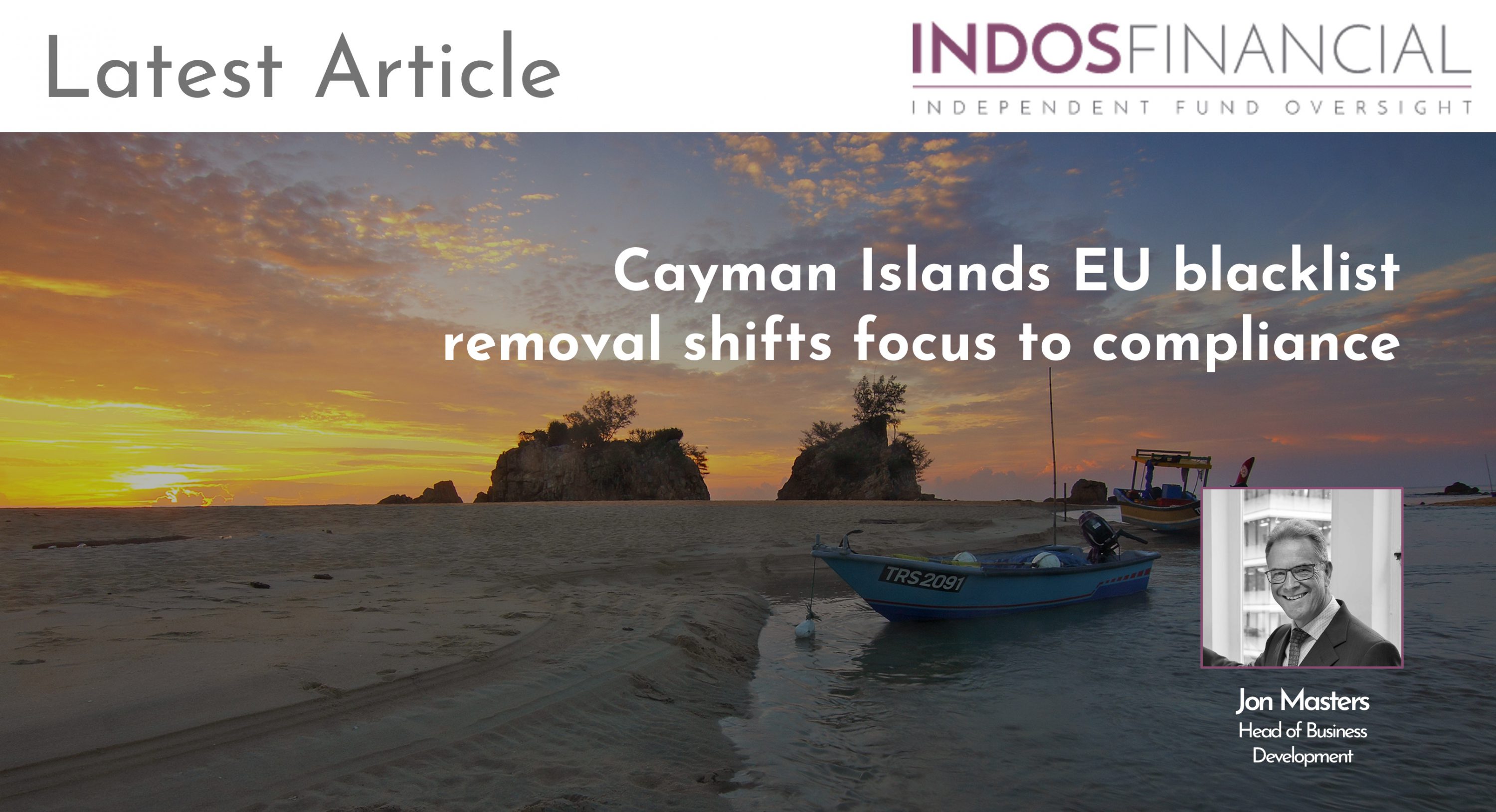On 6th October 2020, the European Union removed the Cayman Islands from its so-called blacklist of non-cooperative jurisdictions for tax purposes. This is good news for the offshore investment funds industry, but focus will now turn to demonstrating compliance with the various measures introduced by the Cayman Islands to ensure its removal from the list.
Reportedly one of the reasons for being placed on the blacklist in February 2020 was the delay to implementation of the Cayman Private Funds Law (CPFL). The CPFL reflected a clear directive by the EU to place closed ended private funds on a similar regulatory footing as open ended hedge funds which were already subject to the Cayman Mutual Funds Law.
Whilst the CPFL became law in February, existing funds were only required to comply from August. Some 12,000 + funds registered by this deadline. The CPFL not only requires funds to register with the Cayman regulator, CIMA, but comply with a number of operating requirements, such as cash flow monitoring, record keeping, custody and asset ownership verification, which are heavily based on the depositary role under the EU Alternative Investment Fund Managers Directive (AIFMD).
There is a view that in the rush to meet the deadline to register funds with CIMA, not enough consideration has been given to the compliance with these operational requirements which private funds and their managers will now need to promptly address.
The registration of private funds will also shine a spotlight on those taking responsibility for compliance with the Cayman AML Regulations, with the identity of the AML officers of private funds being reported to CIMA for the first time since the revised AML Regulations came into Law in 2018.
At the same time, the Cayman Islands is under pressure to demonstrate its regulations are being complied with and commentators note that a greater level of enforcement is expected to result. In preparation, CIMA have updated their fines regime with significant fines for non-compliance with the CPFL, AML and other regulations.
We would be pleased to speak with firms that want to ensure that they are fully complying with the Cayman Private Funds Law and AML Regulations. As a regulated AIFMD depositary, we are ideally placed to enable compliance with the CPFL operational requirements and our market leading CIMA AML officers service can immediately ensure compliance of this function without internal officers taking the personal risk.
By Jon Masters, Head of Business Development, INDOS Financial




